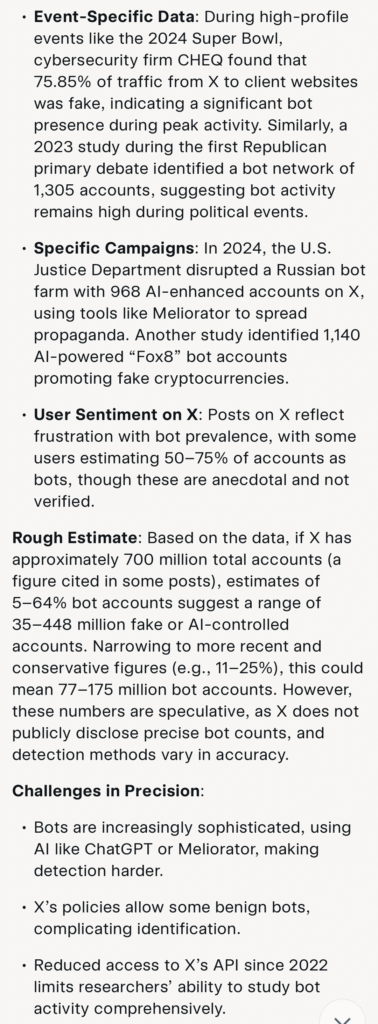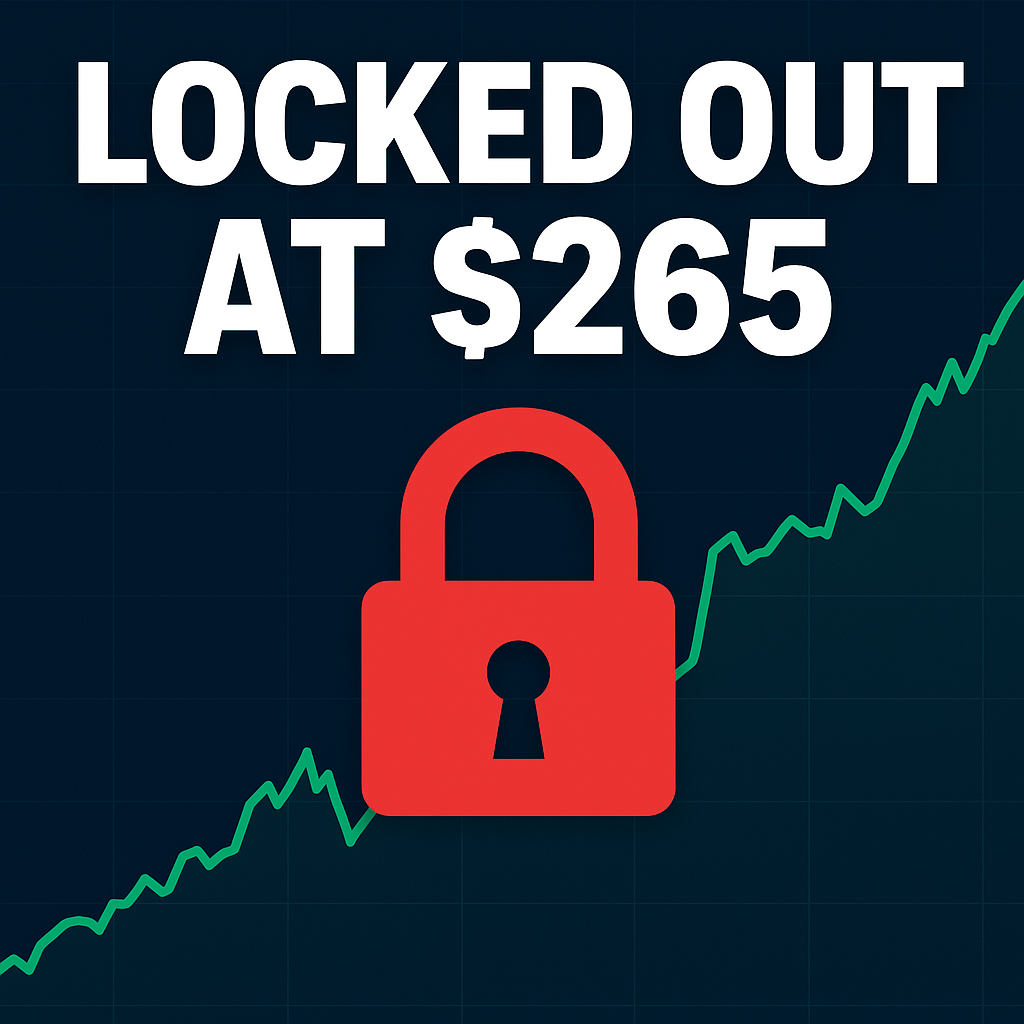Going Public Series 3 promised ‘invest while you watch.’ The reality: slow raises, absent offerings, and controversy behind the scenes.
From Series 1 to Series 3, the TV-meets-crowdfunding format has promised access for everyday investors, yet delivered sluggish raises, missing offerings, and radio silence.
When Going Public returned with its third season, the production leaned hard on spectacle. Backed by a partnership with X Originals and boasting that its video content had amassed over 100 million viewers on X, the show promised a breakthrough in democratizing startup investing while inviting viewers to “invest while you watch.”
Three seasons in, the results are damning. The exposure is enormous. The capital raised is not.
Nutcase Milk: The Only Retail Raise, and It’s Stalling
Of the three companies featured in Series 3, Nutcase Milk, Employer.com, and OmniCo Golf only Nutcase has an active Regulation Crowdfunding campaign open to the general public.
Filed June 6, 2025, Nutcase’s raise set a maximum goal of$1 million via Issuance Express, offering a Crowd SAFE at a $20 million valuation cap, with a deadline of August 31, 2025
As of mid-August, Nutcase claims to have raised just $200,300, a mere 20% of the maximum target, despite months of primetime visibility and the supposed reach of 100 million viewers.
In crowdfunding terms, where successful consumer brands can raise six figures in the first two days, this pace is glacial. The gap between Series 3’s hype and its financial reality is impossible to ignore.
Two Issuers With No Public Offering
The picture is even worse for the other two companies.
Employer.com directs prospective investors from the Going Public site to Issuance Express. SEC filings show no Reg CF or Reg A offering for the company. There is a Regulation D 506(c) raise which is open only to accredited investors. But if that’s the case, no Form D appears on EDGAR, suggesting no closes have occurred.
OmniCo Golf (no longer listed on the GoingPublic.com website) is in the same category: no visible retail-investor raise, no public filing, and no way for the majority of viewers to participate financially. For two-thirds of the companies showcased this season, “invest while you watch” has meant “watch, but you can’t invest.”
A Postponed Finale and Questions of Judgment
Adding to the mess, the Series 3 finale was postponed after criticism over a guest entrepreneur segment. While the controversy centered on a non-issuer “Mentor Moment,” it raised uncomfortable questions about the show’s due-diligence process.
The controversy centered on Dutch Mendenhall (and associate Amy Vaughn), who appeared during a Mentor segment in Season 3, not as a featured issuer, but as a guest advisor.
A Barron’s investigation revealed serious red flags tied to Mendenhall’s previous venture, RAD Diversified REIT:
- Allegations of misleading investors, inflated asset valuations, and regulatory limits on RAD’s fundraising.
- State and federal regulators had initiated investigations into RAD’s practices.
Mendenhall was introduced to audiences during an OmniCo Golf episode, presenting himself as a credible expert set to help founders.
While Mendenhall themselves never appeared as an issuer, the controversy had real consequences:
- It exposed flawed vetting – they invited a guest with serious regulatory baggage.
- It undercut credibility, raising questions about the show’s standards.
- It disrupted the natural momentum build-up – finale postponements typically derail investor interest in live campaigns.
Why Was The Final Postponed?
- The finale, scheduled to air in early June, was pulled at the last minute following the Barron’s article.
- Barron’s noted: “The finale of ‘Going Public’ was postponed hours before airing, following revelations in a Barron’s investigation.”
The producers apparently felt the need to reassess their vetting protocols in light of the investigation.
When a production’s credibility rests on the quality of the companies and advisors it showcases, even peripheral lapses can erode audience trust.
The Harsh Math of Series 3
Strip away the marketing gloss and the numbers speak for themselves:
- Exposure claimed: 100+ million video views via X Originals partnership.
- Companies featured: Three.
- Retail-investor raises launched: One.
- Capital raised (visible): $200,300 of a $1M cap.
- Capital raised per million claimed views: $2,003.
For a show designed to merge mass-market entertainment with real-time investment, that’s not just underperformance, it’s failure.
A Pattern, Not an Outlier
It would be easy to chalk up Series 3’s results to bad timing or bad luck, but Going Public’s problems are not new. Since its inception, the series has struggled to turn audience engagement into actual investment dollars.
The model assumes that storytelling alone will convert casual viewers into committed investors. In practice, equity crowdfunding is a grind: months of community-building, relentless targeted marketing, and precise execution. Video’s alone can’t shortcut that work.
Past seasons have followed the same arc: grand promises, extensive media partnerships, and then disappointing or opaque fundraising outcomes. Series 3 is not a break from the pattern, it’s a confirmation of it.
Silence as Strategy
Perhaps most telling is the lack of communication from the show’s producers or the issuers themselves. No public statements on the slow progress, no explanation for the missing public raises, and no transparency on whether alternative fundraising methods are succeeding.
This silence invites the conclusion that there is little good news to share. It also signals a disregard for the very audience the show purports to serve.
Entertainment Is Not Investment Infrastructure
The 100 million views claimed for Series 3’s promotional content underscore the stark reality: reach without conversion is meaningless in equity crowdfunding. A flashy narrative cannot replace the infrastructure, planning, and investor relations that serious capital raises require.
Going Public has had three seasons to prove its premise. Instead, it has demonstrated repeatedly that mixing investing with reality-style entertainment may make for clickable trailers, but it has not delivered meaningful capital for issuers or accessible opportunities for retail investors.
The promise was democratization. The outcome, so far, has been a well-produced ad for offerings that either barely raise or don’t raise anything at all.
NOTE: You will notice that throughout this article, when referring to 100M views I use words like “boasting”, “supposed” etc. This is the reason why:
X counts a view as 2+ seconds of watch time with at least 50% of the video in view on the screen.
And, recent research from Project Oakland and Grok’s SwarmFix estimate that there are up to 470M bots on the X platform, many of them AI controlled.
And then there’s this:

These are things the operators of Going Public fail to mention in any of their communications with their own investors, investors in their Going Public deals, nor the general public. And, as can be clearly seen, it is in their interest not to. In fact, some would label it a giant scam.
This is an opinion piece based on my personal research into a “Going Public”, owned and operated by Crush Capital Inc. an entertainment company that produces the Going Public docuseries, its management and issuers, which follows on from my earlier article published December 2024.



